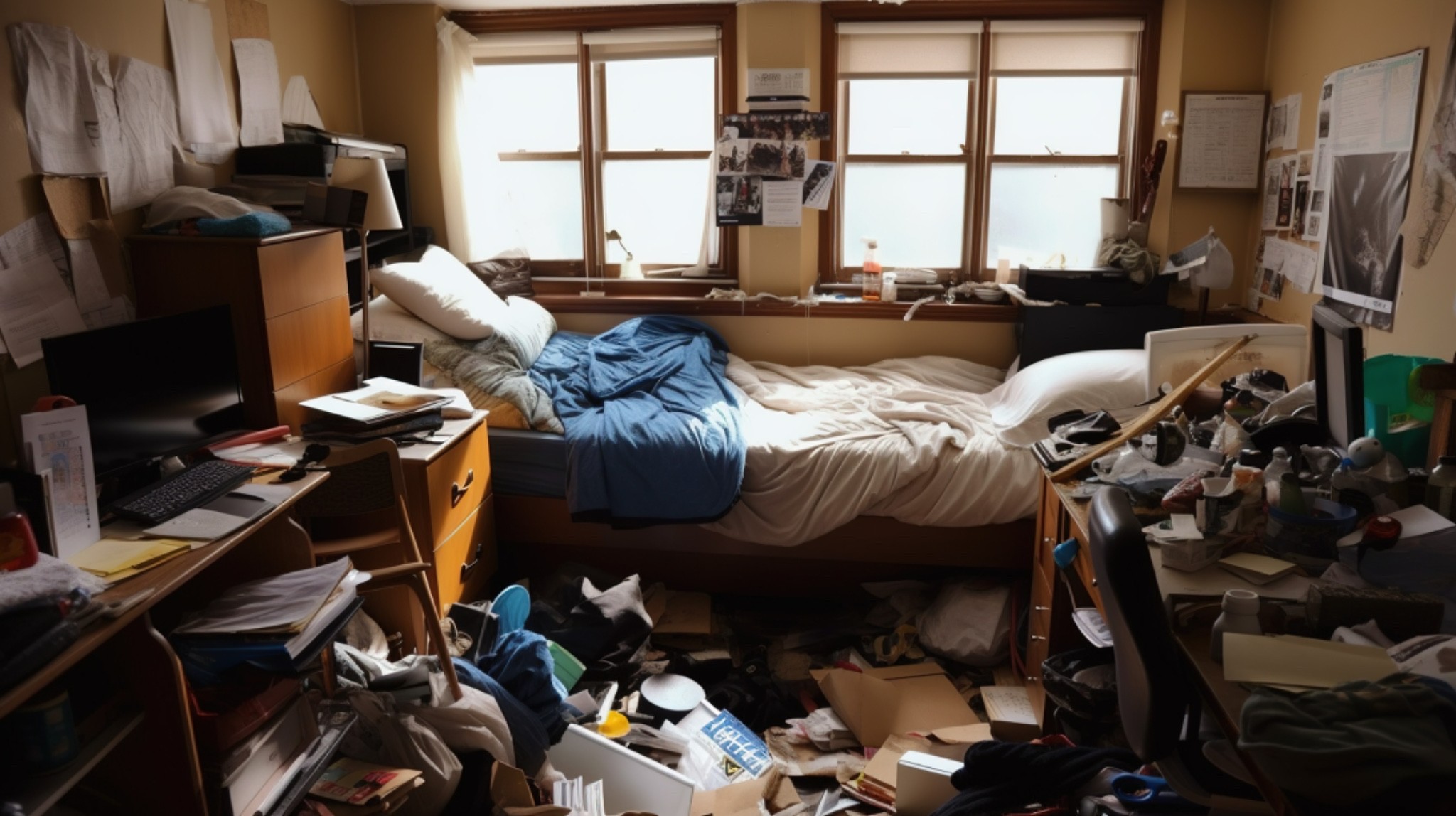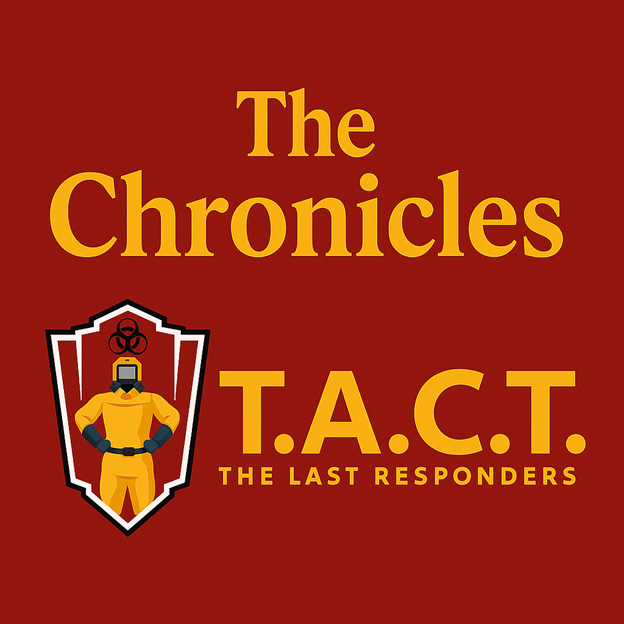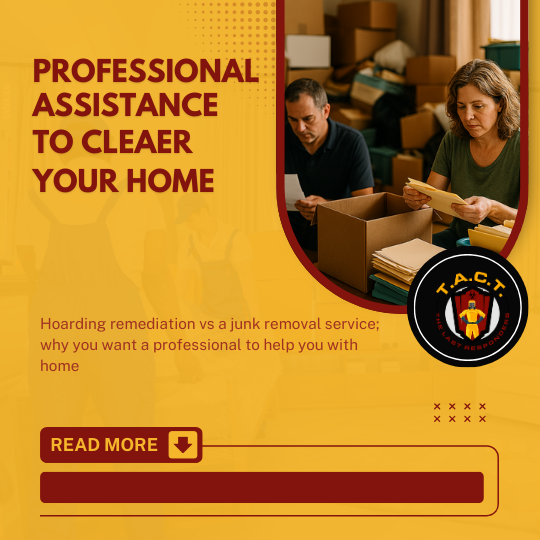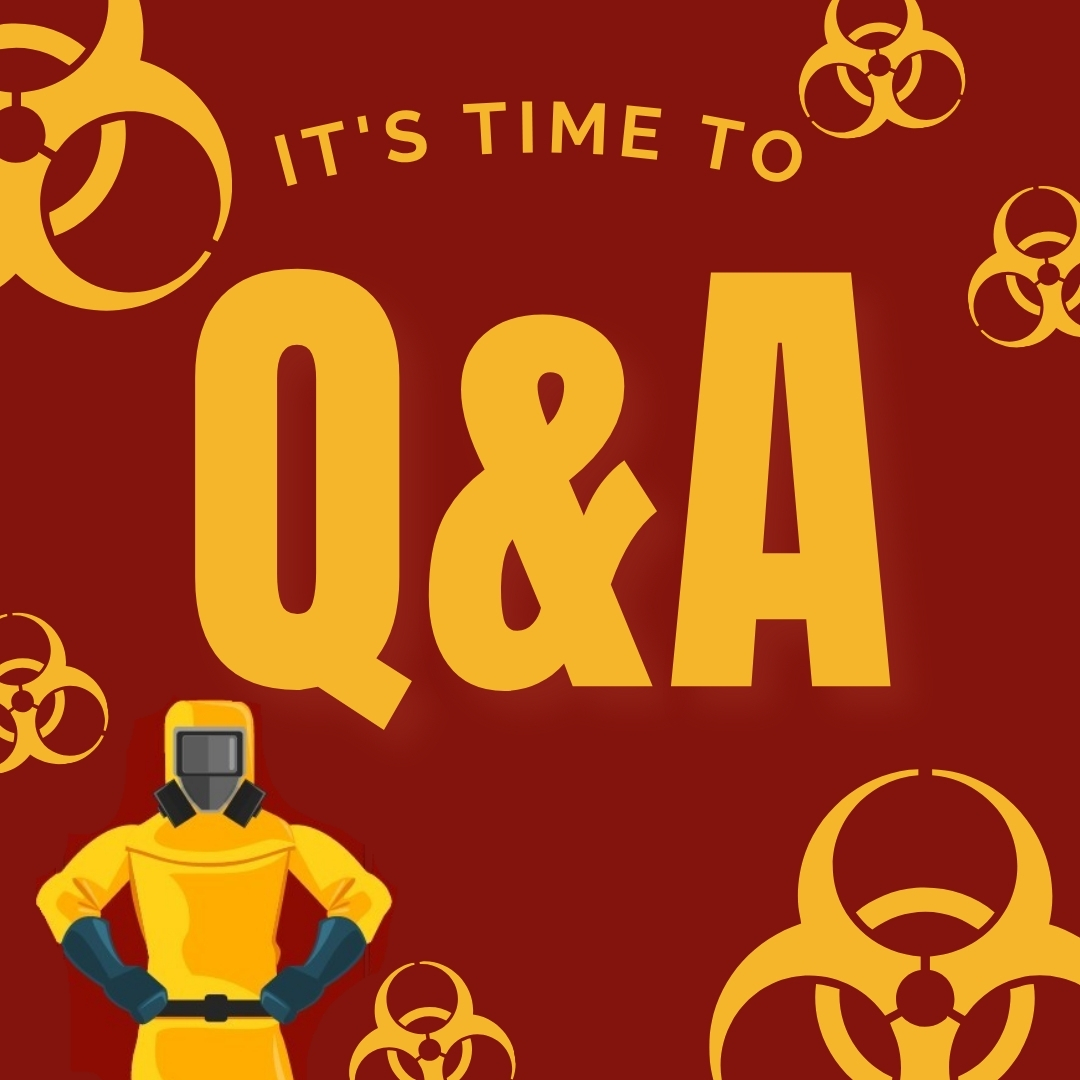What Is Hoarding? A Breakdown of the 5 Stages—and Why Professional Help Matters

Understanding Hoarding: The 5 Stages and When to Call for Professional Help
Hoarding isn’t just about clutter—it’s a serious behavioral condition that can significantly impact health, safety, and quality of life. People who struggle with hoarding often feel a strong emotional attachment to their belongings, even those with little or no value. Over time, this can lead to dangerous and unsanitary living conditions.
Hoarding behavior is often rooted in trauma or mental health challenges. It can be triggered by life-altering events such as the death of a loved one, divorce, or the sudden loss of meaningful belongings. It’s also commonly linked to conditions like OCD, depression, anxiety, and dementia. Because hoarding can develop even in individuals with no prior history, understanding the signs and stages is key to recognizing the issue early and seeking help.
At T.A.C.T. AZ, we offer support grounded in empathy—not judgment. In this article, we break down the five stages of hoarding and highlight how professional intervention can help restore both the home and the individual’s peace of mind.
The 5 Stages of Hoarding
Stage 1: Clutter Begins
In this early stage, clutter may not be obvious to friends and family. The home remains livable, and everyday routines are mostly unaffected. While there may be signs of disorganization, nothing yet poses a health or safety risk. Friends or family might not notice a problem at this point.
Stage 2: Disruption Emerges
As more items accumulate, the mess begins to interfere with daily life. A spare bedroom may be filled with storage, expired food may linger in the fridge, and unpleasant odors may begin to form. It’s often at this point that concerned loved ones start to notice something’s wrong.
Stage 3: Loss of Function
Multiple areas in the home become difficult—or impossible—to use. Piles of clutter may block access to furniture or appliances. Pest problems, mold, and structural damage may begin to appear. Emotional distress increases, and shame often prevents the hoarder from asking for help.
When Social Withdrawal Begins
At this stage, it’s also common for individuals to stop inviting others into their home. Feelings of embarrassment, fear of judgment, or anxiety about being “found out” can cause a hoarder to isolate themselves from friends and family. This withdrawal often makes the situation worse, as it removes valuable support systems that could otherwise help prevent further decline.
Stage 4: Health and Safety Threats
Living conditions have now become hazardous. Blocked exits, water or electrical issues, and the presence of animal or human waste are common. The home is unsafe for its occupants, and cleanup becomes an urgent priority.
Stage 5: Crisis Situation
This is the most severe level of hoarding. The home may be completely filled with debris, rotting food, and biohazards. Moving through the space may be physically impossible. Fire hazards, infestations, and extreme contamination are present—requiring immediate and specialized cleanup.
Why Choose T.A.C.T. AZ for Hoarding Cleanup?
At T.A.C.T. AZ, we know that hoarding isn’t just a cleaning issue—it’s deeply personal. That’s why our team is trained to handle every situation with empathy, discretion, and respect. We work side-by-side with families and individuals to develop a customized plan that meets both physical and emotional needs.
In many hoarding cases, biohazards are present—such as mold, bacteria, animal waste, or even bodily fluids. Our trained professionals are certified in biohazard remediation and use the right equipment and safety protocols to ensure every job is completed thoroughly and safely.
We understand how overwhelming this process can feel. Our team doesn’t just remove debris—we provide guidance and support from start to finish, helping our clients regain control and begin the healing process.
Ready to Take the First Step?
Recognizing that help is needed is a powerful first step toward recovery. Whether you're helping a loved one or facing your own hoarding situation, T.A.C.T. AZ is here to help—with compassion, confidentiality, and professionalism.
24/7 Emergency Cleanup & Biohazard Services
T.A.C.T. AZ offers round-the-clock support for a wide range of trauma and biohazard situations, including:
- Hoarding cleanup
- Unattended death cleanup
- Suicide and crime scene cleanup
- Mold remediation
- Odor removal
- Vehicle decontamination
- Blood and bodily fluid cleanup
We’re fully licensed and bonded—and we work directly with insurance companies to reduce your burden. When you call T.A.C.T. AZ, you speak with a real, local expert—never a call center.
Need help now?
Contact T.A.C.T. AZ for a free, confidential consultation. We’ll answer your questions and walk you through what to expect with compassion every step of the way.
Latest news

A comprehensive guide to understanding Biohazard Cost and financing solutions highlighted in 'The January 2026 Chronicles' for crime scene cleaners and why T.A.C.T. 48 and T.A.C.T. AZ are the professionals you want to partner with.
Read More
Unravel the complexities between junk removal and hoarding remediation with guidance from TACT AZ, your reliable partner in clutter management.
Read More
This blog discusses the importance of using TheLastResponders' expertise in handling rodent droppings and maintaining hygiene.
Read More